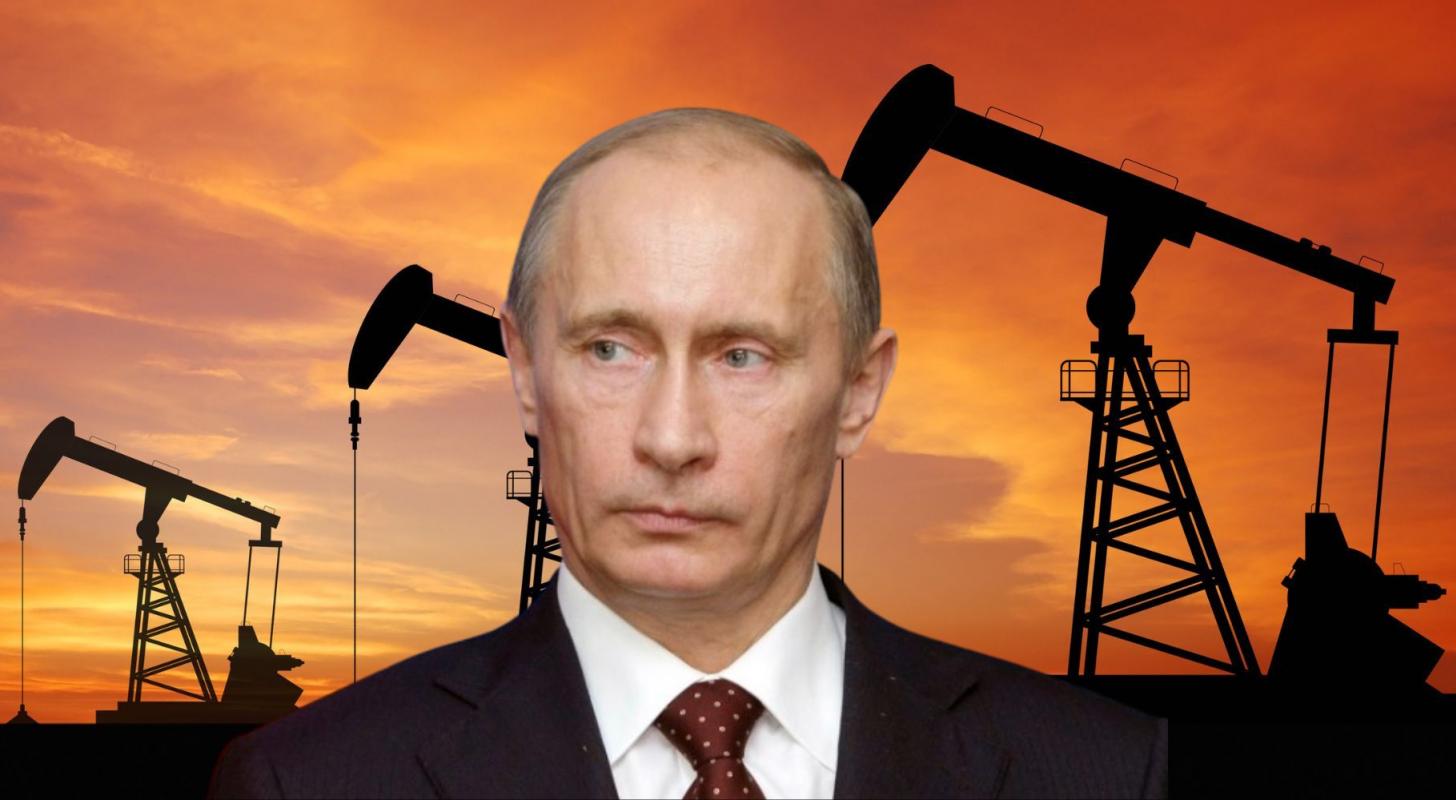
The Group of Seven (G7) countries have agreed set a price cap of US$60 per barrel for Russian crude oil. On Friday, the European Union decided the same price.
According to the new consensus, the cap will ban companies from transporting, insuring or financing Russian oil unless the oil sells below $60 a barrel.
On Saturday, Reuters reported that a Kremlin spokesman said Russia will “not accept” the price cap set by the G7. He added that Russia will further analyze the agreement and provide another response.
The US and the G7 countries, including Canada, France, Germany, Italy, Japan, the United Kingdom and Australia, signed the agreement.
After waiting for a lower price cap in recent days, Poland also agreed to the same price.
The European Commission originally proposed setting the cap at between $65 and $70 per barrel.
In a statement, US Treasury Secretary Janet Yellen said the cap will benefit low- and middle-income countries that have experienced high energy and food prices in recent years.
“With Russia’s economy already shrinking and its budget tightening, the price cap will immediately hit Putin’s main source of income,” Yellen added.
Also read: Oil remains weak on China’s fresh COVID-19 curbs: supply news trickles ahead of OPEC+ meeting
With the new price cap, non-EU countries will continue to import Russian crude oil from the sea. Still, it will ban companies involved in shipping, insurance and reinsurance from handling cargoes of Russian crude oil.
According to a senior US Treasury Department official, the $60 per barrel price cap for Russian sea crude will feed global markets well while “institutionalizing” rebates created by the threat of such a cap.
It remains to be seen how the G7 move will play out Energy Select Sector SPDR Fund XLand some of the top companies in the ETF, such as ExxonMobil Corp XOM and chevron corp CVX.
[ad_2]
Source story

